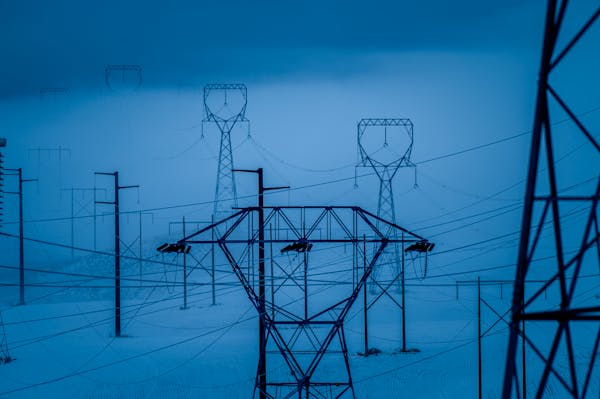The Critical Role of NERC Compliance Engineering Services in Power System Operations
The Critical Role of NERC Compliance Engineering Services in Power System Operations
Blog Article

In the electric utility industry, ensuring reliability and safety isn't just a goal—it's a mandate. As the regulatory authority responsible for the reliability of the North American bulk power system, the North American Electric Reliability Corporation (NERC) enforces a wide range of standards that organizations must follow. Compliance can be complex, especially as technology evolves and systems become more interconnected. That's where NERC Compliance Engineering Services come into play, offering the expertise and technical support needed to navigate these challenges effectively.
Understanding NERC Compliance
NERC standards are designed to promote the secure and reliable operation of the electrical grid. They cover everything from cyber and physical security (through Critical Infrastructure Protection or CIP standards) to system operations, maintenance, and planning. These standards are not optional—they are enforceable, and violations can lead to hefty fines and reputational damage.
What Do NERC Compliance Engineering Services Include?
These services bridge the gap between regulatory requirements and engineering execution. They are especially valuable for power generation companies, transmission operators, and utility service providers. Here are the core components:
1. Engineering Design with Compliance in Mind
Compliance engineers ensure that system upgrades, new installations, and modifications meet NERC requirements from the start. This includes control system design, relay coordination, and infrastructure planning that aligns with both performance and compliance goals.
2. System Modeling and Studies
Power system studies (load flow, short circuit, protection coordination, etc.) are essential to demonstrate compliance with planning and operational standards. Engineering teams use advanced software tools to model system behavior and verify compliance under various scenarios.
3. Asset and Configuration Management
Maintaining accurate and up-to-date asset records is a key component of compliance. Engineering services help set up and maintain databases, drawings, and system configurations in a manner that meets NERC audit standards.
4. CIP Compliance Support
Cybersecurity is a major concern in today’s grid. Compliance engineering services often include the design and implementation of secure network architectures, access control systems, and cybersecurity monitoring in line with NERC CIP requirements.
5. Audit Readiness and Corrective Action Planning
When audits or spot checks occur, utilities must be ready to provide detailed evidence of compliance. Engineering consultants help prepare for these events by organizing documentation, conducting mock audits, and implementing corrective actions for any identified gaps.
Benefits of Partnering with NERC Compliance Engineering Experts
Bringing in specialized compliance engineers isn’t just about meeting minimum requirements—it’s a strategic move. The benefits include:
Operational efficiency: Systems are designed and maintained with regulatory alignment, minimizing costly redesigns.
Risk mitigation: Proactive assessments and solutions reduce the likelihood of noncompliance and associated penalties.
Scalable solutions: As standards evolve, engineering partners can help adapt systems and processes efficiently.
Focus on core operations: Utility teams can stay focused on delivering power while experts handle the regulatory complexities.
Staying Ahead in a Changing Industry
The energy industry is experiencing rapid transformation—renewables, microgrids, digital substations, and increased interconnectivity. With change comes increased regulatory scrutiny. Utilities that invest in NERC Compliance Engineering Services are better positioned to adapt to these changes while maintaining a strong compliance posture.
Conclusion
Navigating the evolving landscape of NERC standards requires both regulatory knowledge and engineering precision. Whether it’s designing compliant systems, preparing for audits, or ensuring cybersecurity resilience, NERC Compliance Engineering Services are a key asset for any organization operating in the power sector. By integrating these services into their operations, utilities can ensure not just compliance—but confidence—in the reliability of their systems.
Report this page